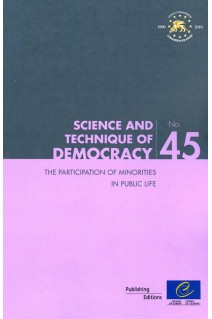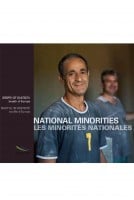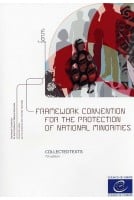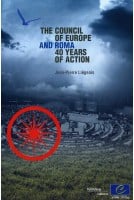



Introductory address
Constitutional non-recognition of minorities in the context of unitary states: an insurmountable obstacle?
Territorial solutions for managing diversity and their changing role
Making minorities more influential in public life: opportunities provided by existing constitutional arrangements and their limitations
Special measures to promote minority representation in elected bodies: the experience of the OSCE High Commissioner on National Minorities
Can international monitoring mechanisms and EU integration prospects help improve national minority participation at the domestic level?
The development of a corpus of international standards and its influence at the domestic level to ensure minority participation
The revival of cultural autonomy in certain countries of eastern Europe: were lessons drawn from the inter-war period?
Contemporary forms of cultural autonomy in eastern Europe: recurrent problems and prospects for improving the functioning of elected bodies of cultural autonomy
Personal autonomy through the "communities" system: does the example of Belgium suggest that forms of non-territorial autonomy can make a difference in terms of minority participation?
The reappearance of an old model: cultural autonomy
Download an extract (1000)







Please note that in accordance with our terms & conditions, PDF/epubs may only be purchased by private individuals.
